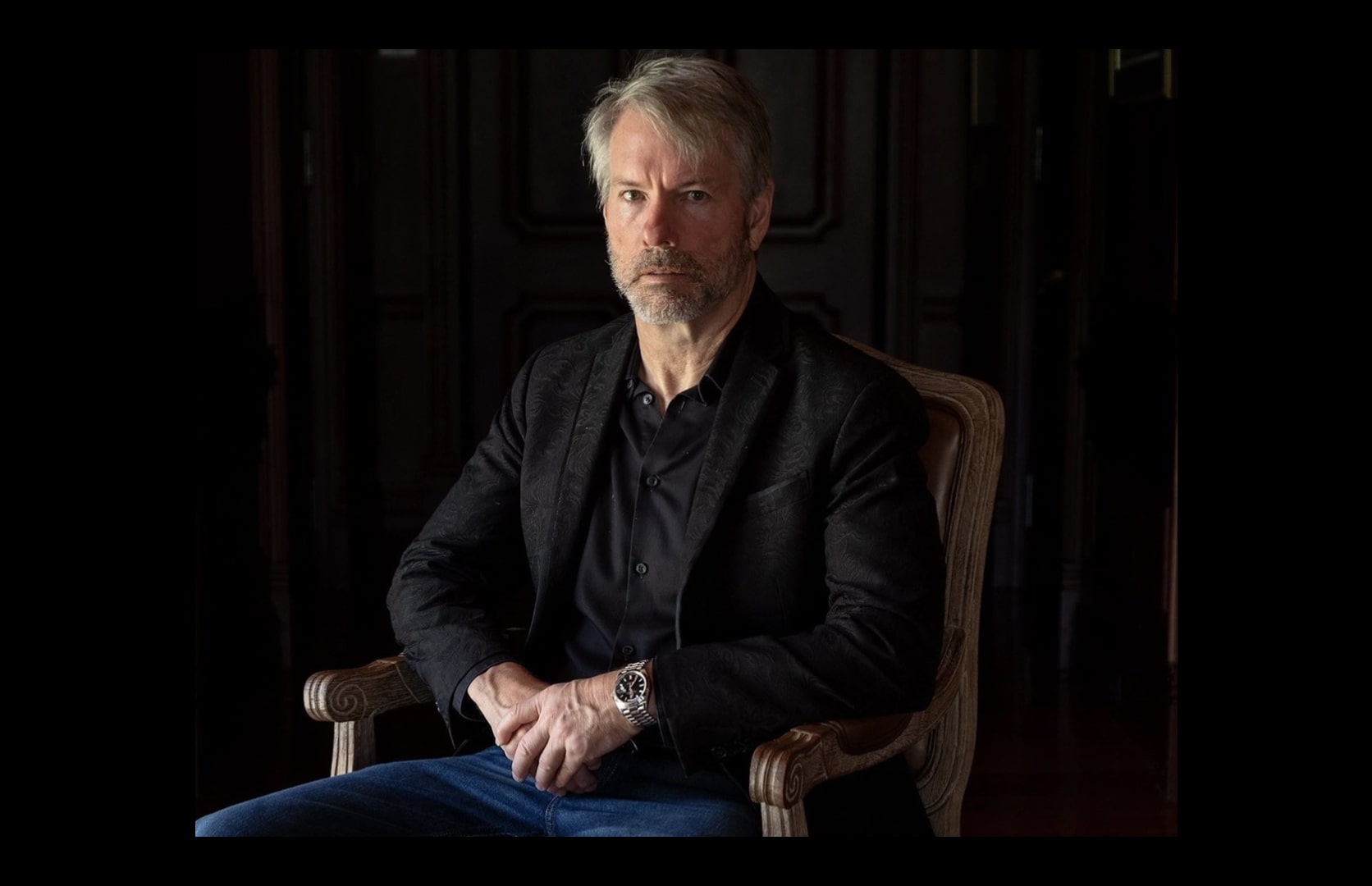
France’s parliament is currently navigating a starkly divided approach to bitcoin, simultaneously advancing a wealth tax on digital assets and a proposal to build a substantial national bitcoin reserve.
Wealth tax targets bitcoin holders
On October 31, the French National Assembly approved an amendment extending the country’s real estate wealth tax to a broader “tax on unproductive wealth,” which now explicitly includes digital assets like bitcoin.
The amended tax, drafted by MP Jean-Paul Mattei and revised by MP Philippe Brun, would impose a 1% levy on net taxable wealth above €2 million, covering not only property but also collectibles and cryptocurrencies.
The measure means French residents with significant bitcoin holdings could face annual taxation, even without selling their coins.
Industry critics argue this penalizes investment, warning it could drive trading and asset management operations abroad.
Proposal for a national bitcoin reserve
In contrast, the right-wing Union des droites pour la République (UDR) has introduced a bill to establish a public bitcoin reserve, aiming for France to accumulate 420,000 BTC—about 2% of bitcoin’s total supply—within seven to eight years.
The proposal outlines state-funded mining, acquisition of seized coins, and even the option for citizens to pay taxes in bitcoin.
The bill emphasizes national sovereignty and positions bitcoin as “digital gold” for the republic. Detailed mechanisms in the bill include using surplus electricity for mining and reallocating dormant public deposits to fund the reserve.
Policy paradox emerges
These two measures, while seemingly contradictory, could legally coexist: the wealth tax targets individual holdings, while the reserve bill concerns state accumulation.
However, the combination could tighten domestic supply and increase costs for both private and public bitcoin acquisition.
The proposals have sparked strong reactions from France’s bitcoin industry, which warns the tax treats bitcoin as idle luxury rather than productive capital.



